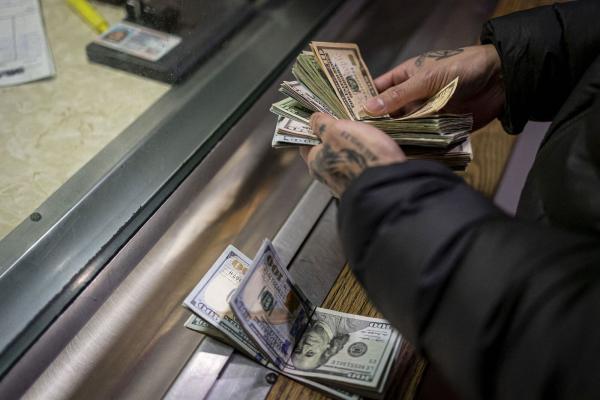Nov 8, 2023
Illinois set a historic U.S. precedent on Sept. 18, when it became the first state to abolish cash bail.
Cash bail, or the practice of imprisoning people accused of crimes before their trial unless they can pay a certain amount of money set by a judge, has a pernicious history. In the United States, cash bail has led to high rates of pretrial incarceration. Consider these statistics: There are more than 400,000 people in the United States who have been incarcerated without a trial. In Illinois, the problem has been especially sobering, with the Center for Criminal Justice of Loyola University Chicago reporting that in 2020 and 2021, 173,000 people were held in jail before a trial.
Read the Full Article

Already a subscriber? Login
